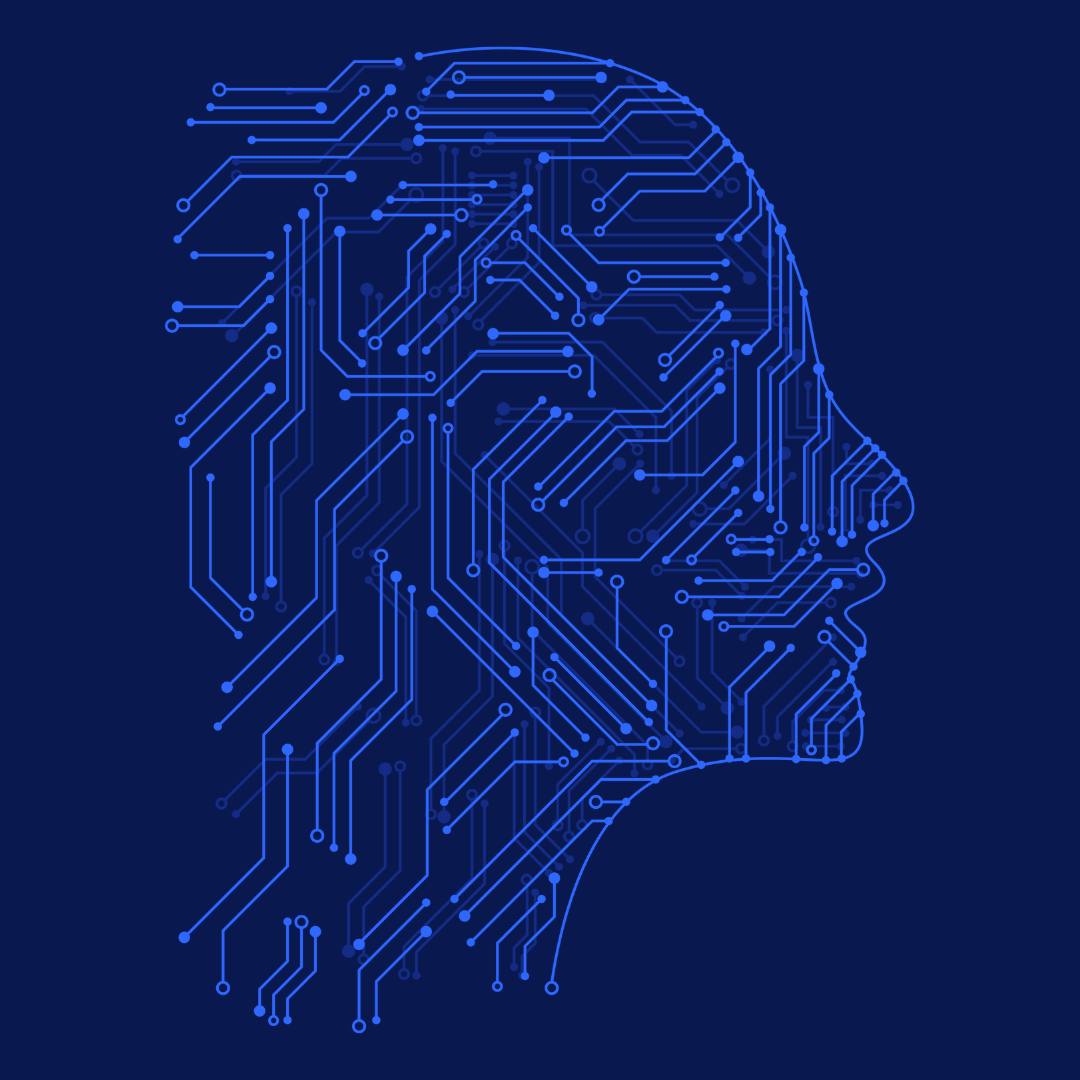Aggregated News

Wrongful arrests, an expanding surveillance dragnet, defamation and deep-fake pornography are all actually existing dangers of so-called “artificial intelligence” tools currently on the market. That, and not the imagined potential to wipe out humanity, is the real threat from artificial intelligence.
Beneath the hype from many AI firms, their technology already enables routine discrimination in housing, criminal justice and health care, as well as the spread of hate speech and misinformation in non-English languages. Already, algorithmic management programs subject workers to run-of-the-mill wage theft, and these programs are becoming more prevalent.
Nevertheless, in May the nonprofit Center for AI safety released a statement—co-signed by hundreds of industry leaders, including OpenAI’s CEO Sam Altman—warning of “the risk of extinction from AI,” which it asserted was akin to nuclear war and pandemics. Altman had previously alluded to such a risk in a Congressional hearing, suggesting that generative AI tools could go “quite wrong.” And in July executives from AI companies met with President Joe Biden and made several toothless voluntary commitments to curtail...



